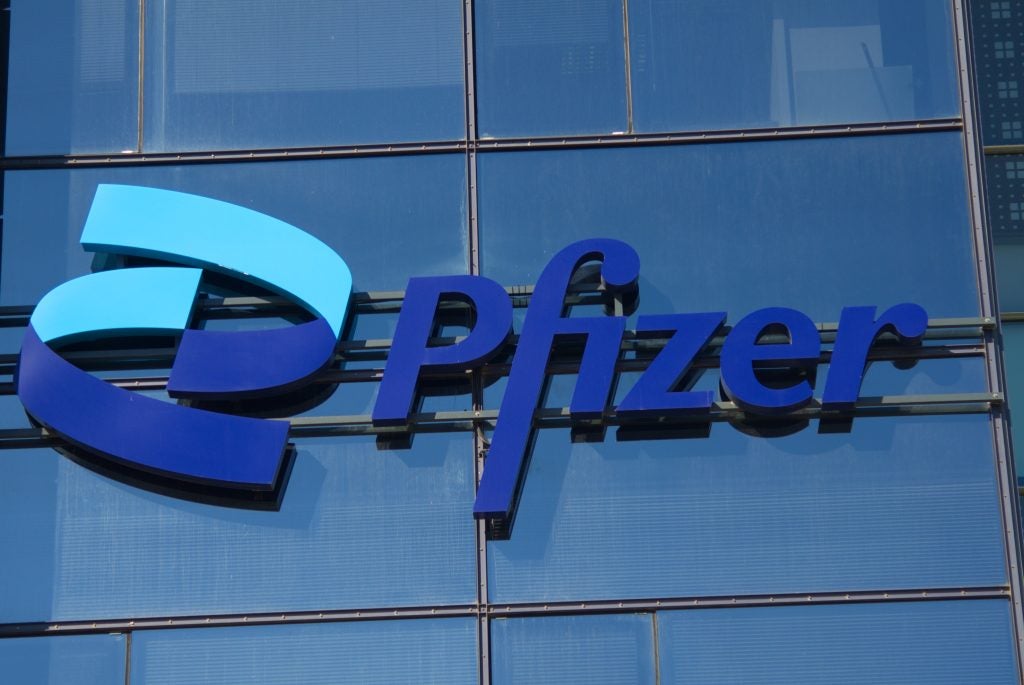The last few decades have witnessed the globalization of clinical trials with 100,000 clinical trials conducted in 180 countries. This proves there are great opportunities for improving the efficiency of the drug development process.
Global trials are beneficial to patients who hope to participate in clinical research and to obtain treatments that would otherwise not be available to them due to their financial constraints. Emerging regions, like China, Brazil and South Africa, have a wealth of treatment-naïve patients, which can be rare in the United States or in Western Europe.
In the wake of recent outbreaks (e.g. Ebola, Zika), the need to respond quickly cannot be overstated. Vaccines are temperature-sensitive biologics with special handling and transportation needs. Over time, they can become less effective or even damaged if they are: frozen, allowed to get too hot (repeated exposures have cumulative effect), and exposed to direct sunlight or fluorescent light.
The impact of thermal damage (heat or freezing) on vaccine potency is complex. Once a vaccine has been thermally damaged, its loss of potency cannot be reversed. An end to end supply chain must ensure effective vaccine storage, handling, and stock management. Crucially, it must rigorously maintain temperature control in the cold chain (+2°C to +8°C).
The ultimate goal is to make sure the uninterrupted availability of quality vaccines from manufacturer/sponsor to subjects.
See Also:
At the design stage, we need to carefully consider many key design aspects:
How well do you really know your competitors?
Access the most comprehensive Company Profiles on the market, powered by GlobalData. Save hours of research. Gain competitive edge.

Thank you!
Your download email will arrive shortly
Not ready to buy yet? Download a free sample
We are confident about the unique quality of our Company Profiles. However, we want you to make the most beneficial decision for your business, so we offer a free sample that you can download by submitting the below form
By GlobalData- Range of destinations
- Geographically
- To clinical site (Pharmacy; Investigator office; Nurse at clinic)
- Legal and regulatory requirements
- Import application process and timelines
- Shipping lane, Incoterms
- Need to control the temperature (if needed i.e. 2 to 8°C)
At the execution stage, many logistical challenges need to be overcome to maintain the quality and integrity of trials.
With varying legal requirements in various regions or countries, it is essential you prepare all the necessary documentation. Be aware of each country's infrastructure, while understanding its customs laws.
For 2-8°C shipments, costs can at times be fairly significant when you consider multiple shipments might be needed. Another factor is the quantity that has to be shipped. Products must be protected and distributed in a manner that safeguards its quality, safety and efficacy.
Additionally, for temperature-sensitive products, qualified equipment (e.g. thermal packaging, temperature-controlled containers and/or temperature controlled vehicles) must be used to ensure correct transport conditions are maintained. Containers for the transport of products under cold conditions (e.g. 2-8°C, deep freeze) need to be qualified to demonstrate their suitability for the intended purpose. It is imperative the product does not come into contact with the cooling agent. Therefore, procedures must be in place for pre-conditioning, assembly and the re-use of cool packs, if applicable.
Temperature-controlled vehicles and reefer containers must be maintained and calibrated at regular intervals. When a CMO is used, a GMP audit is performed to verify compliance with distribution practices and methods of transportation.
Different types of transportation methods currently in use:
- Refrigerated truck (frequently used for bulk SF material transfer to CMO)
- Trucks in use are validated and appropriately controlled and monitored
- Passive refrigerated boxes (e.g. water based cool packs, PCM, VIP – in use in Fisher CMO)
- Laminar Medica: water based cool packs material – actually not the preferred method, due to variability of winter/summer conditions) – Model Used: ChillTerm CT46.0 – validated for 79 hours (winter) and 120 hrs (summer)
- Credo Cubes, Orca used by Ocasa CMO, Certis used by Fisher CMO: Phase Change Material boxes – the material used has high heats of fusion that should absorb large amounts of energy before melting or solidifying. This process guarantees maintenance of a stable temperature during phase change
- Temperature monitoring is granted via use of TT4 Sensitech USB temperature recorder (with the exception of refrigerated trucks that have their own installed devices).
All shipments that we perform contain a temperature monitor. We download and store the data to prove that our vaccines are fit for use.
Distribution Challenges:
- Importation of supplies need of preliminary EC/MoH * approvals
- Hurdles with Import & Customs.
- Differing Customs Requirements
- Projections / actual site enrolment
- Expectations /Cultural Factors
- In country Depots: Qualified Vendors.
- Temperature excursions
General recommendations – Importation
- Highlight to the team the importance of final delivery timelines; this is to ensure awareness when making decisions and setting study starting timelines and accepting risk.
- Advance preparation of proper documentation and a clear and well-defined process (roles/ responsibilities)
- Work with an experienced provider with Customs knowledge, experience and laws
- Establish regular communication with your Monitoring team – increase transparency for study enrollment and clinical supplies demand
- Regular collaboration with Quality and Alliance to keep an extensive Depot qualified network.
- Validate shipping containers and routes
Overall, vaccines are temperature sensitive. When the cold chain is not maintained effectively during transport and storage, the potency and immunogenicity of the vaccine are greatly affected. Simply having an experienced logistics provider is not enough as you need to do a country distribution risk analysis to identify potential risks and assess any impact in timelines and help put in place mitigation plans. If there is one key take away from this article it's that inadequate end to end supply chain during distribution will continue to have a great impact on cost, quality and timelines.
*Benedetta Brizzi is the Project Manager of Clinical Vaccine Management at GlaxoSmithKline






